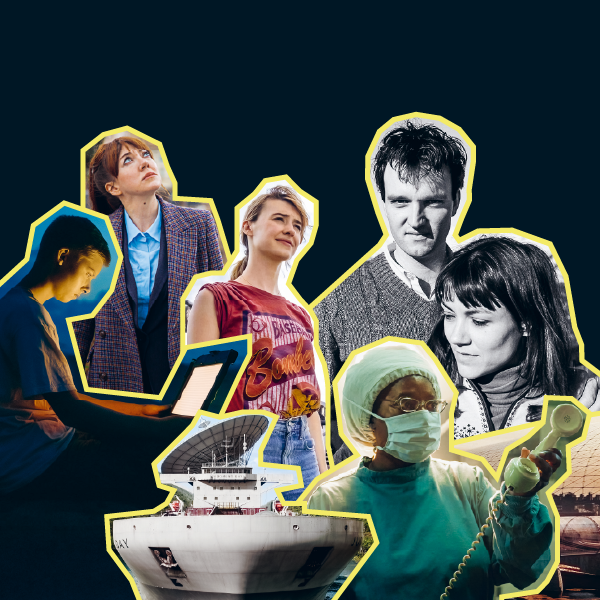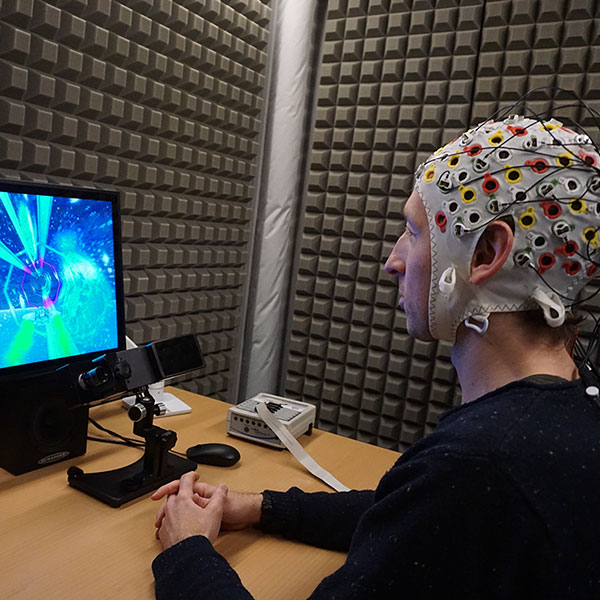CONDITIONAL LEARNING
Bespoke learning in neurological syndromes
People living with Down’s or Williams syndromes face particular challenges with conditional learning. This discovery underlines the importance of adapted strategies in cases of neurological disorders.

The participating children each saw two fish on their screen. Their task was to learn which fish is bigger (+). Conditional learning (bottom) enables us to conclude that A also has to be bigger than C. | Graphic: E. Bochud-Fragnière et al. (2024)
Some 100 children and young adults with Down’s syndrome (DS), with Williams syndrome (WS) and with typical development were invited to a laboratory to classify and characterise multicoloured fish. These fun experiments were conducted as part of a study being led by the Laboratory of Brain and Cognitive Development at the University of Lausanne. They aim at a “better understanding of the brain’s functioning in persons with DS and WS, with a view to offering them adapted learning strategies”, says Pamela Banta Lavenex, a professor of psychology and co-director of the study.
Using types of fish, the team tested whether people with DS and WS can deduce indirect relationships. For instance, if a goldfish is smaller than a green one and the green fish is smaller than a blue one, then the goldfish is smaller than the blue fish. This ability is mastered by most people whose development is typical around the age of eight years and forms part of the skill set known as ‘conditional learning’. It enables us to adapt reasoning strategies to contexts and is called upon heavily in traditional school learning. “Our tests have shown that most people with DS or WS are unable to apply conditional learning strategies”, says Banta Lavenex.
These difficulties are linked to varying anomalies in the hippocampus, a key brain structure involved in learning to associate information. In these individuals, it is therefore necessary to employ strategies that activate other cerebral regions and that can bypass context-dependent conditional linkages. “If a person is unable to deduce indirect relationships due to a neurological deficiency, it’s not about not having the will”, says Pierre Lavenex, the laboratory co-chief. “It’s a case of having to make-do and find other strategies that allow them to learn”.




